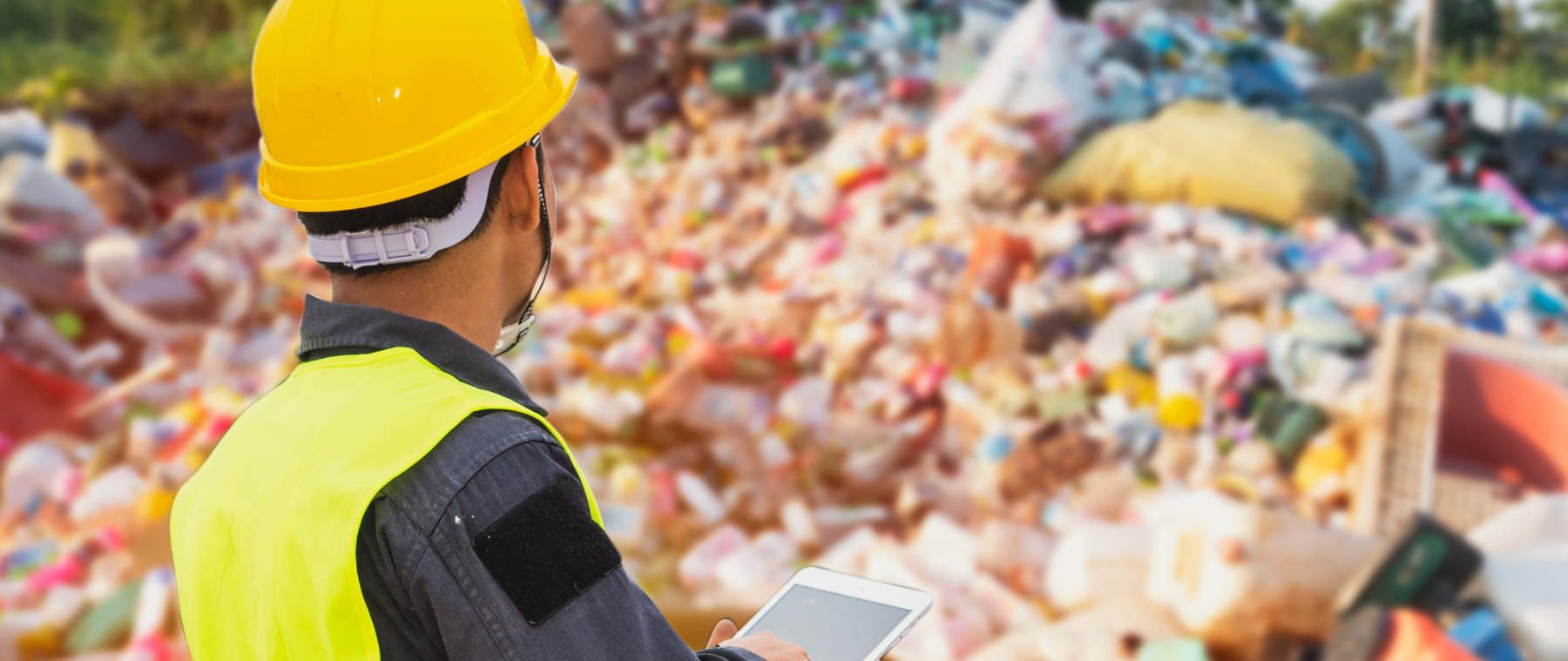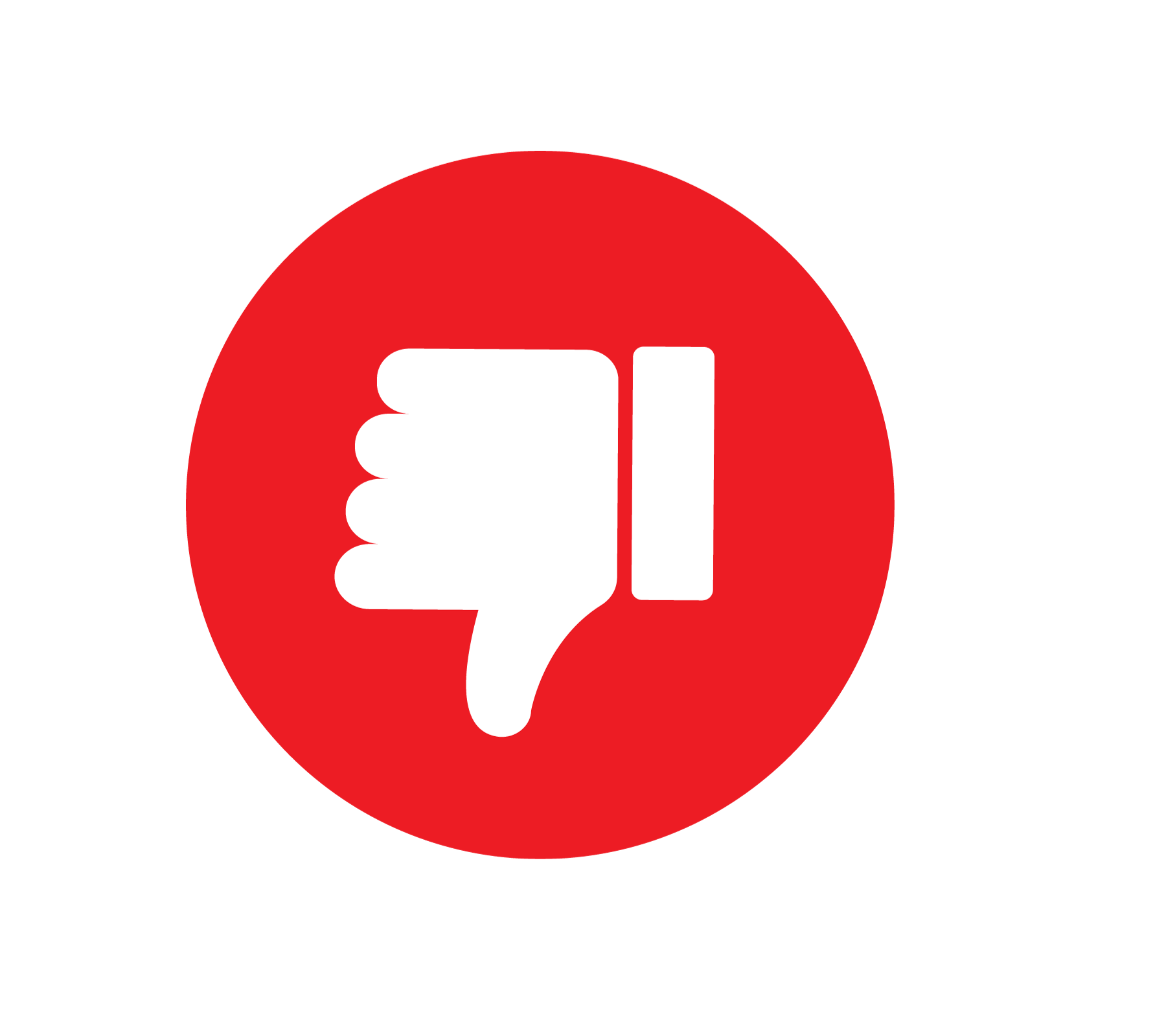Plastic waste compliance audits
Do you want to be able to continue importing plastic waste from Europe?
Then check this out !
Every year, Turkey receives more than a third of the plastic waste exported by the countries of the European Union. That is, 450,000 tonnes to recycle every year.
European legislation – Waste Shipment Regulation
The European legislation allows the export of non-hazardous plastic waste to OECD countries (of which Turkey is a part), subject to a notification procedure. According to this procedure, notifiers within the EU and exporters to third countries need to notify and receive written confirmation from the countries of dispatch, destination and transit prior to export.
The European Commission will strictly monitor the export of plastic waste to OECD countries to make sure such export does not have significant impact on the environment or human health and that EU-imported waste is adequately managed in these countries. In other words, all exports from the EU must go to facilities that manage waste in an environmentally sound manner.
Audits at plastic recyclers
In Belgium, the authorities are relying on Valipac and its local partner, SGS, to carry out audits at Turkish recycling facilities processing commercial and industrial plastic packaging waste.
Why is the audit important for your company?
If you fail to comply with the audit protocol, or if you refuse the audit, European traders will no longer be able to export plastic waste to your company.

What does the audit consist of? How do you comply with European standards?
Valipac developed a detailed audit protocol that complies with the European regulation and that is used to verify the compliance of plastic recyclers all over the world.
- Be in possession of import licences
- Be in possession of all the authorisations required to operate recycling activities
- Not exceed authorised production and storage capacity
- Have an efficient system for recording incoming and outgoing materials
- Be able to demonstrate that waste from recycling activities is disposed of correctly through a specialised company (no illegal incineration on site)
- Have a fire extinguishing system (alarm, valid fire extinguishers, etc.) and an evacuation plan
- Have a waste-water treatment plant (or a permit in place for waste-water to be discharged)
- Arrange for sludge to be disposed of by a specialised company
- Have a concrete floor inside and outside the plant
- Have a system for recovering extrusion filters via combustion with an emissions collector
- No child labour (people under the age of 18)
- Not employ people against their will
- Offer decent housing conditions to staff (if applicable)
- Offer and require staff to wear full safety equipment (helmets, safety shoes, gloves, safety goggles)
- Provide first-aid kits in key areas of the plant

